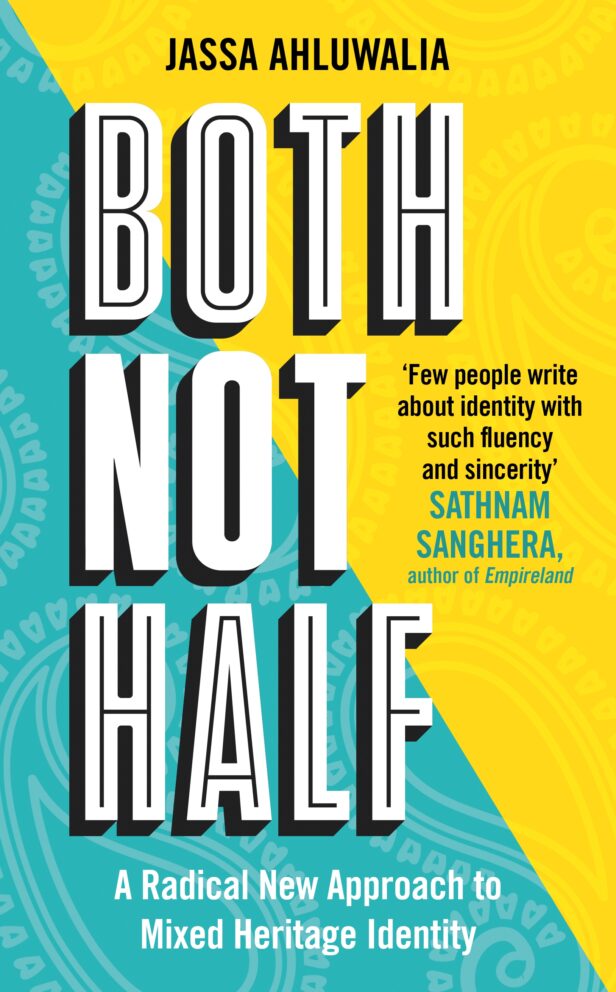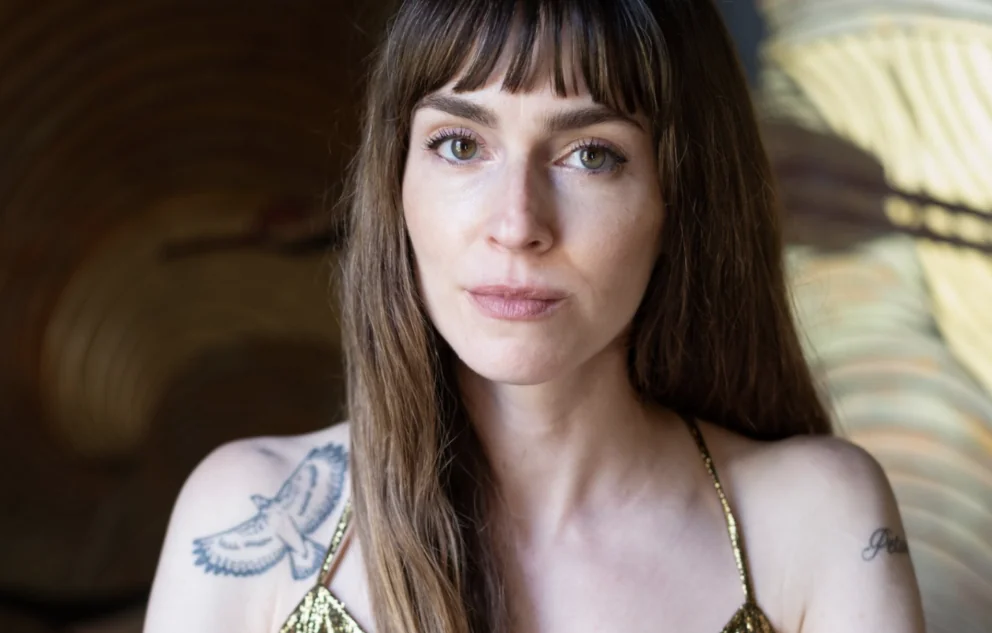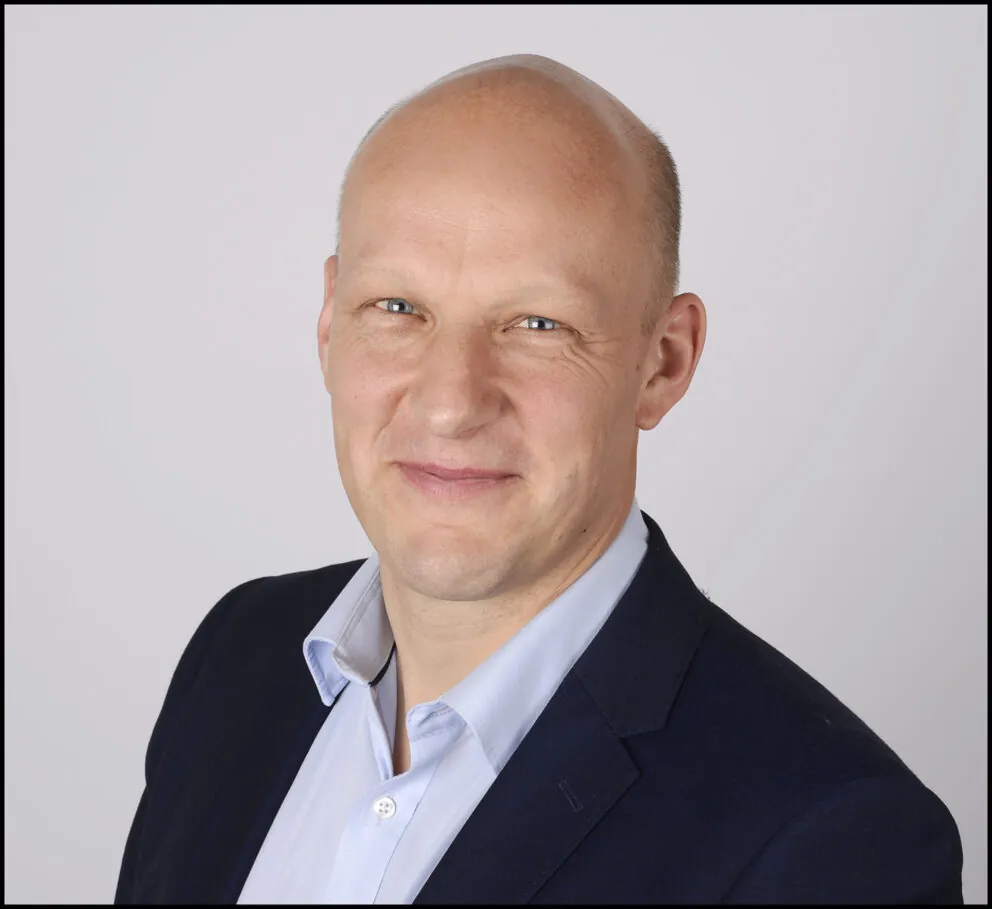Part-memoir, part-manifesto: actor Jassa Ahluwalia’s brilliant Both Not Half offers a radical new approach to modern mixed heritage identity anchored in his first-hand experiences and the corrosive idea that he somehow wasn’t ‘the right kind of mixed-race’. In this extract below, Jassa describes the harrowing hospital visit that would lead to him reclaiming his own name and asserting his identity onto the world.
They never suspected my legal name might kill me.
I have always been Jassa Singh Ahluwalia. But my birth certificate has my first name recorded as Jasvinder. This, I was told, was at the insistence of my grandad who felt I needed to have a proper, traditional, Sikh Punjabi name. When I was born, my parents hadn’t settled on what to call me. In light of my whiteness, they knew they wanted my name to connect me to my Punjabi roots, but they also wanted to keep it short. Jassa was the perfect fit. My namesake, Jassa Singh Ahluwalia, was a celebrated 18th-century Sikh military commander and founder of the Ahluwalia misl, one of a confederacy of sovereign states that were later united under Maharaja Ranjit Singh to form what is commonly known as the Sikh Empire. But my grandad, perhaps confusing traditional with typical, managed to get Jasvinder over the line on the official document. My parents reasoned that this wouldn’t matter much; it kept my grandad happy and they’d only ever call me Jassa. They never suspected my legal name might kill me.

In mid-August, 2016, I awoke in the dead of night to a stabbing pain in my gut. I’d just spent the weekend in Brighton with my flatmate, Christian. We’d marvelled at the orientalist Pavilion, the sun and salt water had cleared up my eczema-prone skin and we’d enjoyed some seafood. Perhaps it was a dodgy prawn? I thought to myself. I dragged myself out of bed, doubled over in pain, trying to control my breathing.
The Royal London Hospital was only a stone’s throw away from where I was living at the time. But walking was out of the question. I called an Uber and stumbled half asleep to the A&E reception desk, giving my name between gasps. A long wait ensued before a doctor took me aside and began lubricating a gloved finger. He’d clocked from my admission form that I was an actor and – I assume to break the ice – asked, ‘So what would I have seen you in?’ Trying my best to ignore his probing, I explained that I’d recently appeared in Peaky Blinders. He seemed dissatisfied; he’d heard of the show but hadn’t seen it. Plus, his examination was inconclusive. I was told I’d need a scan. In the meantime, I’d be held overnight and was given a much-needed dose of morphine.
I was moved to a ward and the drugs dulled the pain enough for me to get some sleep. By the time I stirred the next day, though, I could sense something was wrong. My condition hadn’t deteriorated – not yet anyway – but it was late in the morning and nobody had come to check on me. Bizarrely though, I could hear my name.
‘Jasvinder Ahluwalia. He was brought to this ward, where is he?’ ‘Are you sure?’ ‘We haven’t seen him.’ The staff were becoming increasingly frustrated with each other. I began to hear the swish of curtains being pulled back and forth: Swish! ‘Jasvinder? No.’ Swish! ‘Jasvinder? No.’ They got to my bay. I was so weak and tired, I could barely move; my consciousness and my body felt entirely separated. But I felt relieved that the system had caught up with me. Swish! ‘Jasvinder?’ The South Asian doctor looked me in the eye. ‘No.’ He closed the curtain and moved on.
Panic. What had just happened? Was I invisible? Was the morphine playing tricks on me? Swish! ‘Jasvinder?’ The doctor continued his search next door. Before my existential crisis gathered too much momentum, I mustered all the energy I could and croaked out, ‘I’m here!’ My curtain was pulled back again and the doctor stared at me, confused. ‘Jasvinder? Jasvinder Singh Ahluwalia?’ he asked, disbelieving. I lifted a weak hand to point to the whiteboard above me, my name clearly written out in block capitals. ‘We’ve been looking for you.’ It felt like an accusation, as if I’d somehow been hiding from them. ‘We were looking for an Indian.’
I didn’t have the energy to explain my backstory: the pain in my gut was back with a vengeance. My appendix was about to rupture and what should have been routine surgery became a lifesaving operation, though I came close to missing my slot on the table. The porter who had been charged with rolling me down to theatre flat out refused to move my bed. He was adamant that there had been a clerical error: there was just no way my face corresponded to the name on his clipboard. My surgery had been delayed several times at this point due to higher priority casualties coming through A&E and I’d not eaten since the night before. I didn’t know what to do. So I shouted at him in Punjabi, letting off a string of expletives that he thankfully couldn’t understand. Hearing the commotion, a nurse came over and confirmed that I was indeed who I claimed to be. The porter chuckled about the confusion as he wheeled me off, but I was seething. Bed-bound and emotionally exhausted, I felt robbed of my most basic dignity, my name, rendering me invisible and powerless.
I woke up with a drainage tube plugged into my lower abdomen and my recovery was painful and slow, a particular low point being when I shat myself while desperately trying to urinate through the pain of a UTI I’d picked up. It was a grim experience. But that feeling of invisibility remains the most painful memory of all. When I was finally discharged, I shuffled out of the ward determined to find a way to assert my identity in the world.



